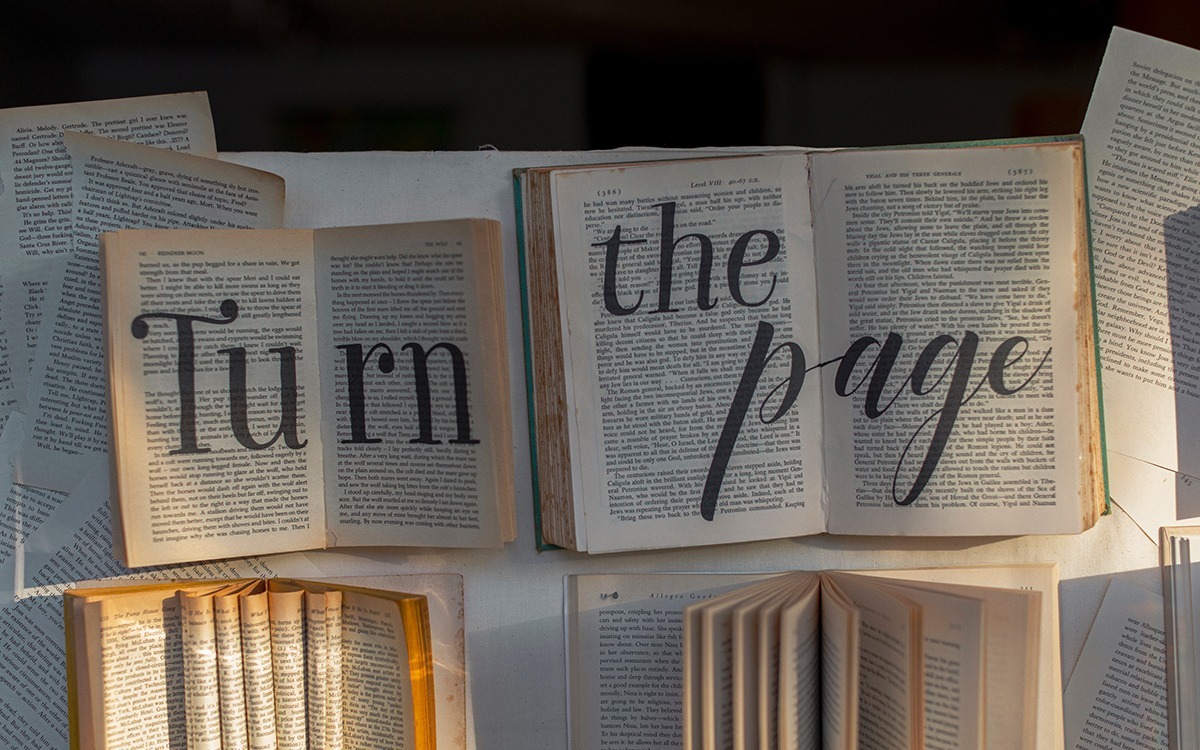
Book banning is on the rise, with multiple states attempting to restrict access to books in school and public libraries, potentially impacting millions of children. A recent study from the Washington Post found that fewer than a dozen people are responsible for more than half of all book bans throughout the country, with serial filers enlisting teams of volunteers to comb through library catalogues, searching for specific keywords and phrases such as “race” or “gender,” and filing challenges against those books.
In Florida, one parent successfully challenged former National Youth Poet Laureate Amanda Gorman’s book, despite getting the author’s name wrong in her filing. The Washington Post frames the spike in book banning as an issue mainly for LGBTQ+ rights, but their study and the book restrictions happening in Florida prove it’s urgent for racial justice as well.
According to the Washington Post study, out of the 10 most challenged books across the county, three were by Black authors, 28 percent had characters of color or storylines that dealt with race, and six percent included both characters of color and queer characters. The restrictions placed upon Gorman’s book also indicate challengers are looking for loopholes, to avoid the word “ban” but still limit access to a published book by a Black writer.
The restrictions placed upon Gorman’s book also indicate challengers are looking for loopholes, to avoid the word “ban” but still limit access to a published book by a Black writer.
Gorman’s book The Hill We Climb is the text version of the spoken word poem she performed at the 2021 inauguration of President Joe Biden. In 2017, Gorman was named the first-ever National Youth Poet Laureate, making her the youngest inaugural poet in history, after first serving as the Los Angeles Youth Poet Laureate, selected by Urban Word. The National Youth Poet Laureate position is now held by poet Salome Agbaroji.
With her inaugural poem, “The Hill We Climb,” Gorman said, “I really wanted to use my words to be a point of unity and collaboration and togetherness.” According to Gorman, the poem is about “a new chapter in the United States, about the future, and doing that through the elegance and beauty of words.”
In an interview with the New York Times, Gorman said she was struggling to complete the inaugural poem, which had been commissioned in December of 2020, when the January 6, 2021 riot occurred. Gorman stayed up late that evening and finished the poem, including several lines about the violence unfolding in Washington, DC.
In her objection to Gorman’s book in a Miami-Dade County Public School, the challenger wrote that “The Hill We Climb” contains “indirectly [sic] hate messages” and that the “function” of the 32-page poem was to “cause confusion and indoctrinate students.” Other books challenged at the same time, by the same parent filer, include The ABCs of Black History, Love to Langston, Countries in the News: Cuba, and Cuban Kids.
All five challenged books include subject matter, characters, or storylines dealing with race. Three are nonfiction books while Love to Langston, about the life of the Black poet Langston Hughes, and Gorman’s book, are poetry. According to the Washington Post, four out of the five challenged books were restricted after review by the Bob Graham Education Center in Miami Lakes. Countries in the News: Cuba was the only book to escape restrictions by a review board made up of teachers, a guidance counselor, a media library specialist, and the school’s principal.
Sign up for our free newsletters
Subscribe to NPQ's newsletters to have our top stories delivered directly to your inbox.
By signing up, you agree to our privacy policy and terms of use, and to receive messages from NPQ and our partners.
The challenges to the books were made public thanks to Florida Freedom to Read Project, a nonprofit devoted to protecting students’ access to information across the state of Florida. Recent actions from Florida Freedom to Read Project include Let Florida Read, a read-in held at a bookstore in Tallahassee, featuring speeches by authors of books for children and young adults and several student activists; and a teach-in in Clearwater, led by K-12 educators and writer Ryan Estrada, coauthor of Banned Book Club.
In at least one case, The ABCs of Black History, the reshelving caused a book to be inaccessible for its intended age group.
Formed in 2021, members of Florida Freedom to Read Project attend school board meetings and report on challenges to books and information throughout Florida, challenges that have increased in the wake of measures supported by Governor Ron DeSantis, making it easier for parents to ban books.
According to Florida Freedom to Read Project, the four books restricted by the Bob Graham Education Center were not taken out from the school library completely but were instead removed to other sections. In at least one case, The ABCs of Black History, the reshelving caused a book to be inaccessible for its intended age group.
The ABCs of Black History is a rhyming alphabet book, geared toward children aged five and up, who are first learning to read, but the decision by the Bob Graham Education Center places the book in the middle grade library section, utilized by children in sixth grade and above. That’s also the section where Gorman’s book was moved. In the cases of both books, the school listed their “vocabulary” as the reason for the move, with the “subject matter” of The ABCs of Black History also listed as a reason.
For Gorman, the constraints placed upon her book mean that her poetry is unavailable to the very children she believes need it most.
Such restrictions deny children ready access to a book in their school library while skirting the increasingly charged label of a ban. As the Washington Post reported, “The school district denied that the book was banned or removed but acknowledged moving it so that elementary school students had limited access to it.”
For Gorman, the constraints placed upon her book mean that her poetry is unavailable to the very children she believes need it most. As she wrote in a statement, “Robbing children of the chance to find their voices in literature is a violation of their right to free thought and free speech.” Gorman also pointed out, “And let’s be clear: most of the forbidden works are by authors who have struggled for generations to get on the bookshelves. The majority of these censored works are by queer and non-white voices.”










